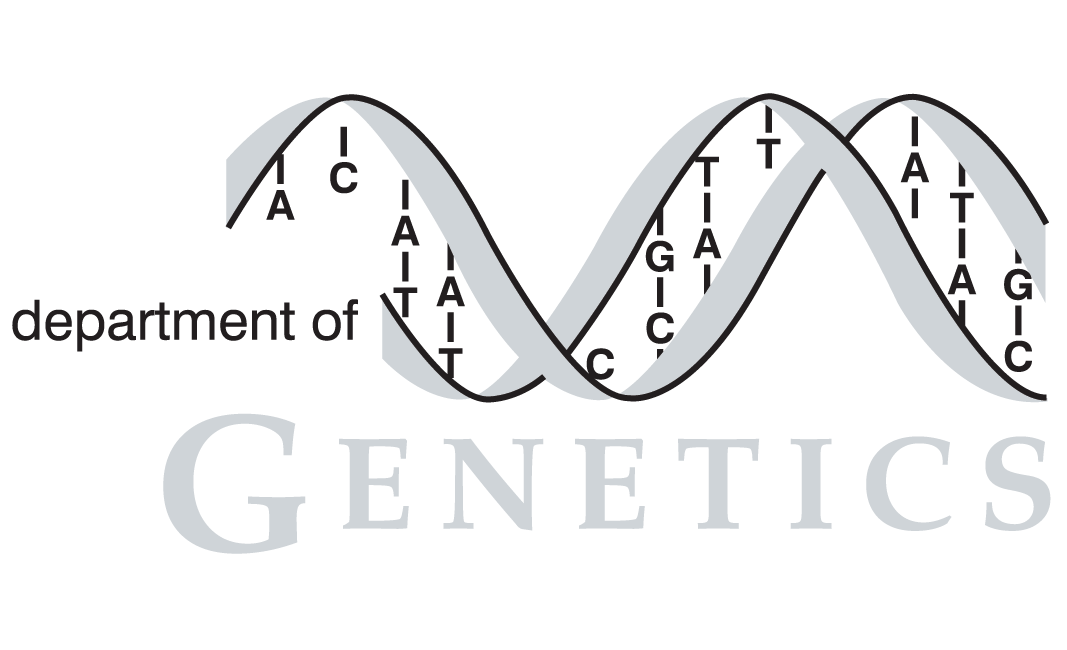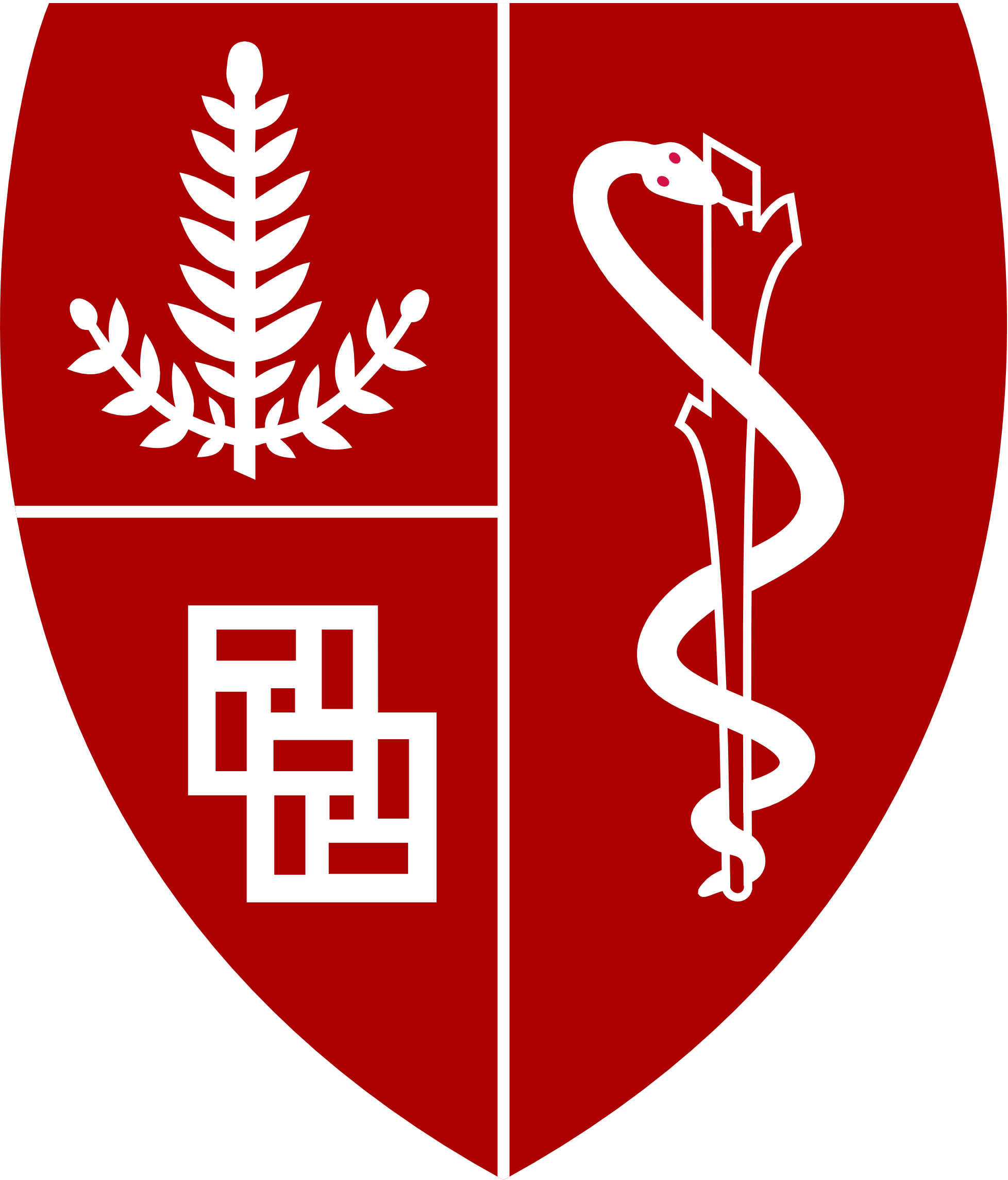| Citation | Kuranda K, Leberre V, Sokol S, Palamarczyk G, Francois J. Investigating the caffeine effects in the yeast Saccharomyces cerevisiae brings new insights into the connection between TOR, PKC and Ras/cAMP signalling pathways. Molecular microbiology, 2006. |
| PubMed ID | 16925551 |
| Short Description | Investigating the caffeine effects in the yeast Saccharomyces cerevisiae brings new insights into the connection between TOR, PKC and Ras/cAMP signalling pathways. |
| # of Conditions | 36 |
Full Description

|
Caffeine is a natural purine analogue that elicits pleiotropic effects leading ultimately to cell's death by a largely uncharacterized mechanism. Previous works have shown that this drug induces a rapid phosphorylation of the Mpk1p, the final mitogen-activated protein (MAP) kinase of the Pkc1p-mediated cell integrity pathway. In this work, we showed that this phosphorylation did not necessitate the main cell wall sensors Wsc1p and Mid2p, but was abolished upon deletion of ROM2 encoding a GDP/GTP exchange factor of Rho1p. We also showed that the caffeine-induced phosphorylation of Mpk1p was accompanied by a negligible activation of its main downstream target, the Rlm1p transcription factor. This result was consolidated by the finding that the loss of RLM1 had no consequence on the increased resistance of caffeine-treated cells to zymolyase, indicating that the cell wall modification caused by this drug is largely independent of transcriptional activation of Rlm1p-regulated genes. Additionally, the transcriptional programme elicited by caffeine resembled that of rapamycin, a potent inhibitor of the TOR1/2 kinases. Consistent with this analysis, we found that the caffeine-induced phosphorylation of Mpk1p was lost in a tor1Delta mutant. Moreover, a tor1Delta mutant was, like mutants defective in components of the Pkc1p-Mpk1p cascade, highly sensitive to caffeine. However, the hypersensitivity of a tor1 null mutant to this drug was rescued neither by sorbitol nor by adenine, which was found to outcompete caffeine effects specially on mutants in the PKC pathway. Altogether, these data indicated that Tor1 kinase is a target of caffeine, whose inhibition incidentally activates the Pkc1p-Mpk1p cascade, and that the caffeine-dependent phenotypes are largely dependent on inhibition of Tor1p-regulated cellular functions. Finally, we found that caffeine provoked, in a Rom2p-dependent manner, a transient drop in intracellular levels of cAMP, that was followed by change in expression of genes implicated in Ras/cAMP pathway. This result may pose Rom2p as a mediator in the interplay between Tor1p and the Ras/cAMP pathway. |
Tags
 |
Contact: sgd-helpdesk@lists.stanford.edu


